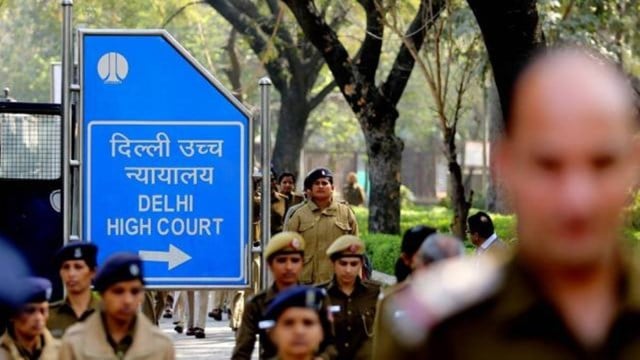Names of both parents must reflect in student’s educational documents: Delhi HC
The Delhi High Court held that the mother is equally entitled and there is "no reasonable justification" for only mentioning the father’s name in any certificate relating to educational qualifications.
 The petitioner had sought that the degree should reflect the names of both parents. (File photo)
The petitioner had sought that the degree should reflect the names of both parents. (File photo)While observing that it would be “clearly retrogressive if educational certificates, degrees and other such documents reflect the name only of the father of a candidate, eliminating the name of the mother”, the Delhi High recently held that the names of both parents of a student must be necessarily reflected in his/her educational documents.
The observations came on a plea by one Ritika Prasad, who had completed her BA LLB course from Amity Law School which is affiliated to Guru Gobind Singh Indraprastha University (GGSIPU). She was aggrieved by the fact that the degree issued to her on completion of the course reflected only her father’s name and not her mother’s. She had sought that the degree should reflect the names of both parents.
A single-judge bench of Justice C Hari Shankar, in its March 7 order, observed, “To even psychologically compartmentalize human beings on the basis of sex and gender would be woefully anachronistic. It is a matter of pride and joy to this Court to see that a majority of young Counsel at the bar today – including the redoubtable Ms. Prasad – are girls, and, even more satisfyingly, I am informed that 70% of graduates from law schools today are girls. The artificial gender-based mental distinction that we have, over ages, drawn, based on a chance chromosomal circumstance, is now all but effaced. If there is still, among us, anyone who retains that mental block, it is time he woke up and smelt the coffee”.
The high court held that there is “no reasonable justification” for only mentioning the father’s name in any certificate relating to education or educational qualifications.
“Just as a daughter and son are equally entitled to recognition as the children of a couple, the mother and father are also equally entitled to recognition as parents of the child. To even question, much less deny, this, would be redolent, again, of an archaic and unrealistic notion of gender difference, which is a notion that has clearly outstayed its welcome,” Justice Shankar emphasised.
The high court also took note of a 2014 circular of the University Grants Commission (UGC) which mandates that the names of the mother and the father of the student are to be mentioned on all educational certificates, degrees, and similar documents.
The high court was informed that the GGSIPU has held a meeting in this regard and a decision is likely to be made soon. Observing that there is no scope of debate on this point, Justice Shankar directed, “This Court, therefore, simplifies the task of the officials in the University by issuing categorical directions that, in future, every document relating to the students in which the name of the parents of the student is to be mentioned, would reflect the name of both the father and mother of the concerned student. This shall be treated as mandatory and non-negotiable.”
The court, however, said that these observations in its order may have to be adjusted in cases, for instance, involving children adopted by a sole parent, or such other exceptional cases, wherein individual facts will have to be looked into.







